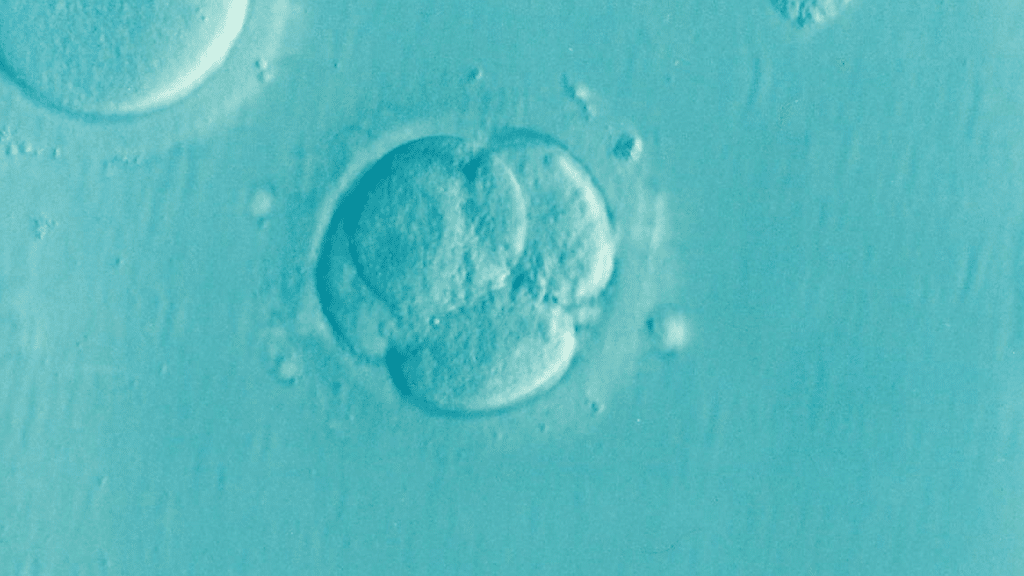
One of the most distressing realisations in a person’s life, and one which causes a lot of heartache, is the awareness that conceiving a child is not straightforward and may, even, appear to be well-nigh impossible. Unfortunately, infertility rates have increased over the years with at least 10 per cent of couples in the United States now affected. This increase is partly explained by people starting a family at an older age than previous generations, but it may be also caused by other underlying issues. These factors may include problems with egg or sperm production, genetic factors, age, or too much exposure to certain chemicals and toxins.
Before I examine any of the elements that may prevent conception, it is important to know what factors are needed to bring it about in the first instance. These include:
• Ovulation, which is where a woman must produce and release a healthy egg from one of her ovaries.
• Fertilisation, which means a man must produce healthy sperm to successfully fertilise the egg released.
• Thirdly, this fertilised egg must travel through the fallopian tube to the uterus and,
• Finally, the fertilised egg must implant itself inside the uterus.
So, there are four steps in this process, ovulation, fertilisation, transportation, and implantation and when there is a difficulty in becoming pregnant, each of these steps has to be examined to identify where is the possible cause.
Before the process of conception even begins, it is important to take steps to improve fertility. These include, a good, healthy diet, adequate and moderate exercise (not too intense), a healthy weight, and the avoidance of alcohol, too much coffee, drugs etc. It is also necessary to avoid an environment that may expose one to damaging pollutants.
A good diet is essential to increase the chances of conception. The one egg that is destined for ovulation has been developing in the ovary for as long as seventy days prior to the current menstrual cycle of (usually) twenty-eight days. This means that any improvement in diet needs to be continued for at least three months to influence the health of the egg including the hormones influencing it.
Diet is also important for women who suffer from PCOS because if they are a normal weight and eat most of their calories at breakfast, their insulin levels may be reduced by eight per cent and testosterone levels by 50 per cent. High levels of either can contribute to infertility. In addition, on one study, women who ate a large breakfast and small dinner ovulated 30 per cent more than women who ate a smaller breakfast and larger dinner, suggesting that this approach may improve fertility.
A healthy diet should include foods that will supply folic acid, vitamin B12 and omega-3 fatty acids. Iron in the diet is necessary, as it may reduce the risk of ovulatory infertility and may be obtained from beans, lentils, spinach, fortified cereals, long-grain enriched rice and whole grains. To increase the absorption of iron, add foods containing vitamin C such as citrus fruits and berries.
It is also worth enquiring at your local pharmacy and health food store about pre-conception nutritional supplements. CoQ10 is probably the most difficult one to obtain from food, and in the body, it declines with age. It is found in sea food and organ meats but unfortunately, steak and kidney pie is no longer part of the regular diet. It is necessary for every cell in the body and it increases egg and sperm health. As a supplement it is available as CoQ10 Ubiquinol. Organic foods should be eaten as they contain more antioxidants and there is less danger of pesticide residue. For dairy products use organic also, and cold-water fish will supply essential fatty acids such as omega 3, as well as protein and vitamin A. Fortunately, in Ireland we mainly have grass fed beef and this too is good source of protein. However, anyone suffering from endometriosis should reduce their consumption of red meat, as one study has shown a connection between high red meat consumption and endometriosis. Vitamin D is also essential as it helps hormonal balance and ovulation. Vitamin Bs as well as vitamin C and E are also beneficial, along with Lipoic acid, Selenium, Zinc and Essential Fatty Acids. Fibre is also important in the diet as it keeps blood sugar balanced thus helping with infertility issues associated with PCOS. It can be found in fruit, vegetables, dark leafy greens and beans.
Foods that should be avoided include soya in any form unless it is fermented. Fermented soya is found in miso and tempeh. Any refined sugars or fruit juices also need to be avoided as do any bottled juices (more concentrated sugar). Needless to say, water needs to be drunk, but not from plastic bottles.
To be continued next month.



